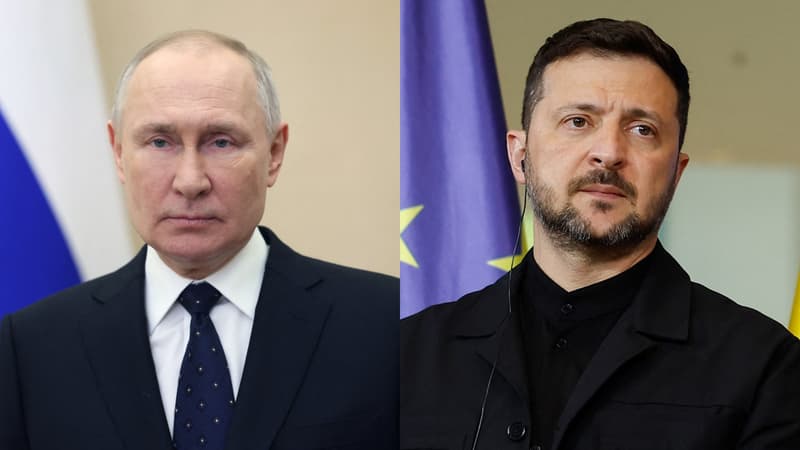In the absence of diplomatic progress, Ukraine is strengthening its economic defenses. kyiv is preparing legislation that aims to require authorization for any foreign investment in companies considered “strategic”: defense, energy, telecommunications, infrastructure and mining resources. Specifically, a foreign investor will no longer be able to acquire more than 25% of the voting rights, nor more than 10% of the total assets of a company operating in these sectors without obtaining the green light from a new specific state authority.
This reform is part of Brussels’ strategy aimed at aligning the country with European standards regarding the control of sensitive investments, a key condition for continuing the accession process to the European Union.
The Chinese risk
kyiv concludes: no financing from Russia, direct or indirect, will be authorized. The stated objective is clear: prevent any insidious seizure of strategic assets by actors linked to the Kremlin. But the distrust goes beyond the Russian rival alone. China, Ukraine’s largest trading partner, is causing growing concern. Beijing, very active in Ukraine’s metals and high-tech sectors, is seen as an industrial influence risk.
The precedent of Motor Sich remains in memory: this manufacturer of aircraft engines and missiles, a national flagship, was on the verge of falling into the hands of the Chinese in 2021, before kyiv canceled the transaction in the name of national security. This episode has come as a shock to the Ukrainian authorities, who are now careful not to replace one strategic dependency with another.
A difficult balance between protection and capital needs
However, the challenge remains significant: kyiv desperately needs foreign investment to revive its economy. Foreign direct investment (FDI), which reached more than $7 billion before the war, has fallen to $3 billion in 2024, or just 1.6% of GDP.
Authorities are now trying to reconcile two contradictory imperatives: securing strategic assets while attracting productive capital in non-sensitive sectors, such as green technologies, agri-food or financial services. A fragile balance and a new economic challenge for the country: rebuilding without selling out, while demonstrating its resilience in the face of Moscow… and Beijing.
Source: BFM TV


